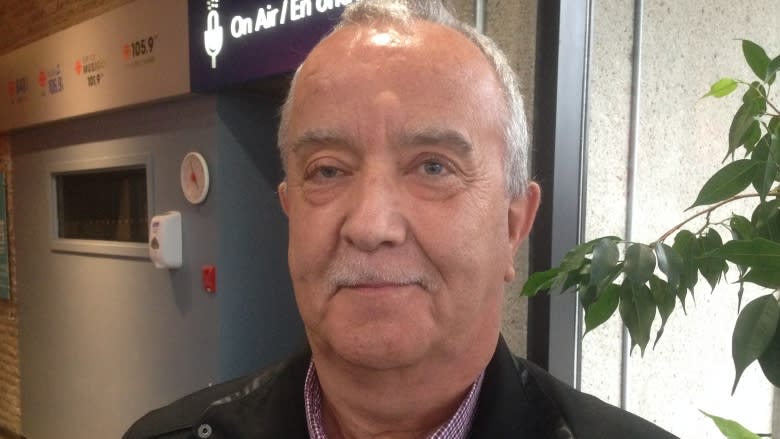Turned away: Autism Society can't meet growing demand
The Autism Society of Newfoundland and Labrador says demand for its programs and services has grown so dramatically, they now have to turn people away at the door.
Executive Director Scott Crocker said 350 people with autism avail of their programing each semester, a total of 1300 per year, but over 100 more applicants get turned away because there isn't enough staff or space to accommodate everyone.
Delivering disappointment
It makes for some difficult conversations with often desperate parents.
"Talking with families and trying to make them understand how it's not possible to accommodate, it obviously hurts them a lot and to be perfectly honest, it hurts us a lot as well because these kids need that intervention," Crocker said.
The Autism Society offers over a dozen programs, but Advocacy Manager Tess Hemeon said some of the most important skills they teach, most people take for granted.
"It's helping people find ways to make friends, how to have a conversation" she said, "Social norms that you and I may understand, do not come easily to people on the autism spectrum."
Small victories
On CBC Radio's On The Go, Hemeon described the progress of one young girl with autism who, at first, was terrified to leave her parents' side. The social skills programming helped the girl develop strategies to function in the world.
Hemeon said the transformation was remarkable.
"She can go to swimming lessons in public with her peers, she can go to the mall and feel more comfortable," she said. "These are the sorts of things we are helping people achieve. It's the small victories."
Crocker said more people than ever before are being diagnosed with autism, and after 10 years of operation the Autism Society has outgrown its facility across from the Janeway Hospital.
They are now doing a feasibility study about a site expansion, and hope to hire more staff to deliver extra programming.
Tough times
But all of that, of course, takes money.
"And in the environment we're in today, it's particularly difficult," Crocker said. "And when you combine that with the increased demand, we're just stuck."
The Autism Society operates on an annual budget of $1.6 million with $650,000 of that coming from government.
The remaining million dollars is collected through fundraising, a challenging activity for non-profits in a depressed economy.
To fulfil the growing demand, Crocker said they would need an annual $2 million grant from government.
Staying hopeful
Despite the hurdles, Crocker is optimistic.
"I feel very positive about it." he said. "I'm hopeful that in the spring budget when they start looking closely ... [government will] recognize the importance of what we do. We supplement the services they provide."



